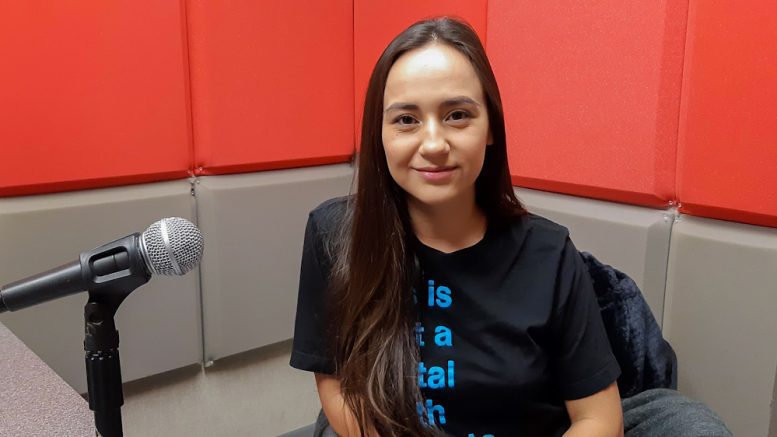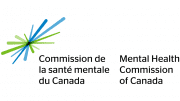When Shania Young was in her second year of nursing school, she started struggling with her mental health.
She also came to a realization.
“There are so many barriers,” she says, “a lack of resources in our area.”
Young is from Yellowknife and after seeing an email from a professor about a mental health summit hosted by Jack.org in Toronto, she applied and was accepted.
This was three years ago and she’s been involved with the organization ever since.
Young was one of the people that brought Jack.org to the North with its first-ever Northern Jack Summit last year. The second edition will take place this weekend at the Chateau Nova on November 2.
Young says about 50 “young leaders” ages 18-30 from all three territories will be coming to Yellowknife to discuss need for resources in the communities, strategies to talk more about mental health and training to take back home with them.
Northern solutions
The northern summit is also the best time to chat about barriers that aren’t present in the South, she says.
For example, the size of the communities not only affects the amount of resources available, says Young, but the ability of people accessing it.
“What if the person at the health centre, say the counsellor, is the person’s mom, their aunt, a family friend? It’s conversations like that you don’t hear in the South that makes it a little bit different up here.”
Of course, there’s also the trauma present in Indigenous communities.
“It’s hard to encourage people to talk about mental health when parts of their identity have been taken away,” says Young. She adds that suicide rates in Indigenous communities are five to six times higher than the general population with the highest being in Nunavut.
With that being the case, she says the North has to have a different approach to wellness.
“It doesn’t have to be so westernized where you go see a doctor, you go see a counsellor, take medication, you get fixed… Some people have various ways of healing with their mental health and we need to look at funding those sources as well so people can be cared for holistically, with their spirit, with their mind, with their body.”
For that to happen, there needs to be more advocacy. And much of that advocacy, says Young, is simply telling your story.
She gives the example of six-month wait times to begin counselling services in the territory.
As for the new territorial and federal governments? “Hopefully they’ll listen and we can make change.”
Young says she’s lucky to have gone through counselling, even calling it a luxury. She recognizes that many fall through the cracks and can’t get help.
While she doesn’t work in a psychiatric setting as a nurse, Young says the healthcare system needs to be better at closing those gaps.
Finally, Young encourages anyone who is struggling to reach out to a family doctor, nurse practitioner, or other organizations like friendship centres.
The NWT also has a free 24-hour helpline at 1-800-661-0844.









